Do you struggle with weight loss? Are you feeling as if you aren’t making any progress?
Losing weight can be a long and hard journey. For many people, diet and exercise alone may not be enough. It may not deliver the desired results. In such cases, weight loss drugs can be used as a supporting tool for advancing towards better health.
These drugs are not a magic solution, but when paired with the correct lifestyle, they can make a significant difference. In this article, we will examine some of these weight loss medications. Before that, we must understand what they are.
Different Weight Loss Drugs
There are various types of weight management drugs. They work differently depending on their mechanism. Some medications suppress appetite by targeting the brain’s hunger-regulating centers. Others slow down the digestion or absorption of fat. Let us now take a look at some of them.
One thing to note is that you should consult a healthcare professional before taking any of these weight loss medications.
1. Semaglutide
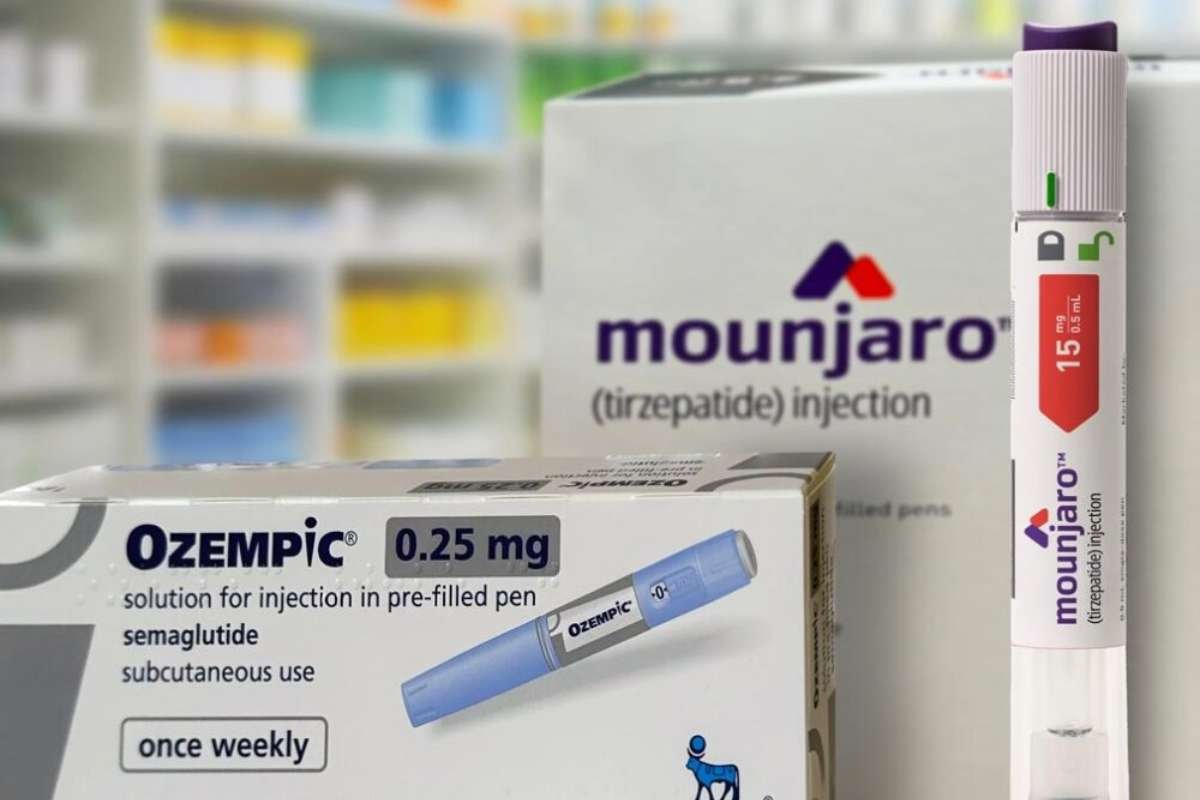
Type:
GLP-1 receptor agonist
Use:
Weekly injection
Semaglutide is a weekly injectable drug that reduces appetite and slows digestion. It helps people feel full for longer. It also improves blood sugar control, which is beneficial for those with type 2 diabetes.
The drug was approved by the FDA in 2021. It can be used as an injection. This medication is suitable for people who struggle to lose weight with lifestyle changes alone. It supports steady weight loss over time when combined with a healthy diet and exercise.
Side Effects:
Nausea, vomiting, diarrhea, constipation, gallbladder issues
2. Phentermine
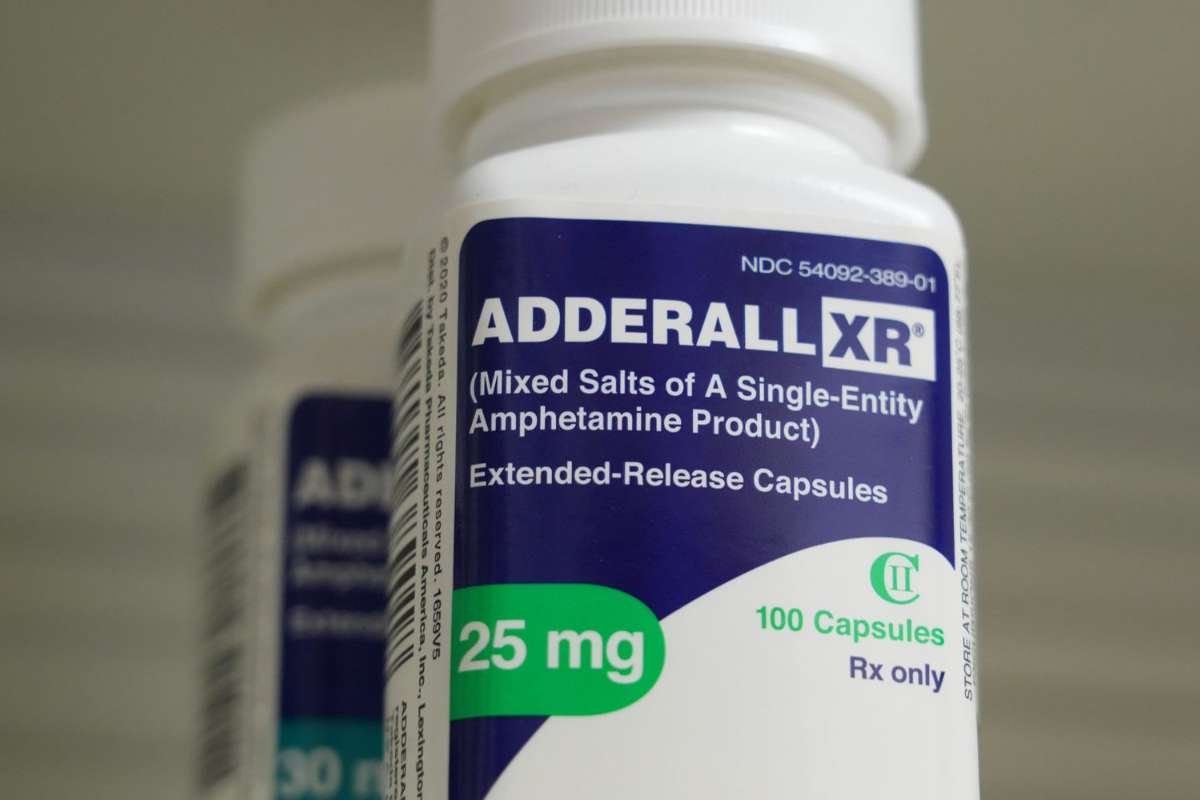
Type
Stimulant
Use:
Oral tablet
Phentermine was originally used as a short-term medication. But now, newer guidelines have made it into a long-term therapy plan. This weight loss drug suppresses appetite by stimulating the nervous system. It works best when combined with a low-calorie diet and exercise. It is also available in both generic and brand forms. Phentermine is an oral stimulant that comes in tablet form.
Side Effects:
Increased heart rate, insomnia, anxiety, dry mouth
3. Liraglutide
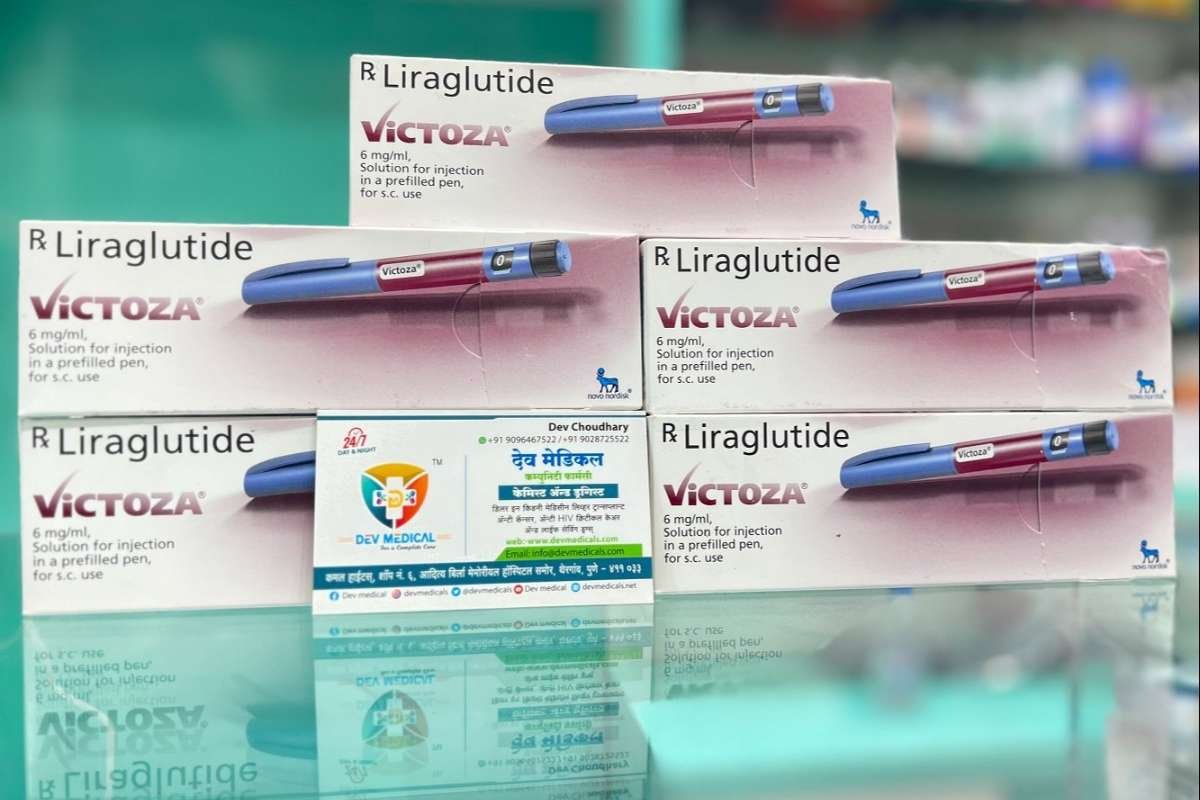
Type:
GLP-1 receptor agonist
Use:
Daily injection
Liraglutide is a daily injectable drug that slows stomach emptying. It signals fullness to the brain and reduces the intake of food. It also acts on the brain’s appetite centers to reduce hunger and craving. The drug is also approved for type 2 diabetics. It is approved for weight management under the brand Saxenda. It can mimic a natural hormone in the body, which regulates appetite, digestion and blood sugar. According to a study published in the New England Journal of Medicine, consuming 3.0mg of Liraglutide along with lifestyle intervention can produce clinically significant weight loss.
Side Effects:
Nausea, vomiting, diarrhea, constipation, mild headaches
4. Bupropion-naltrexone
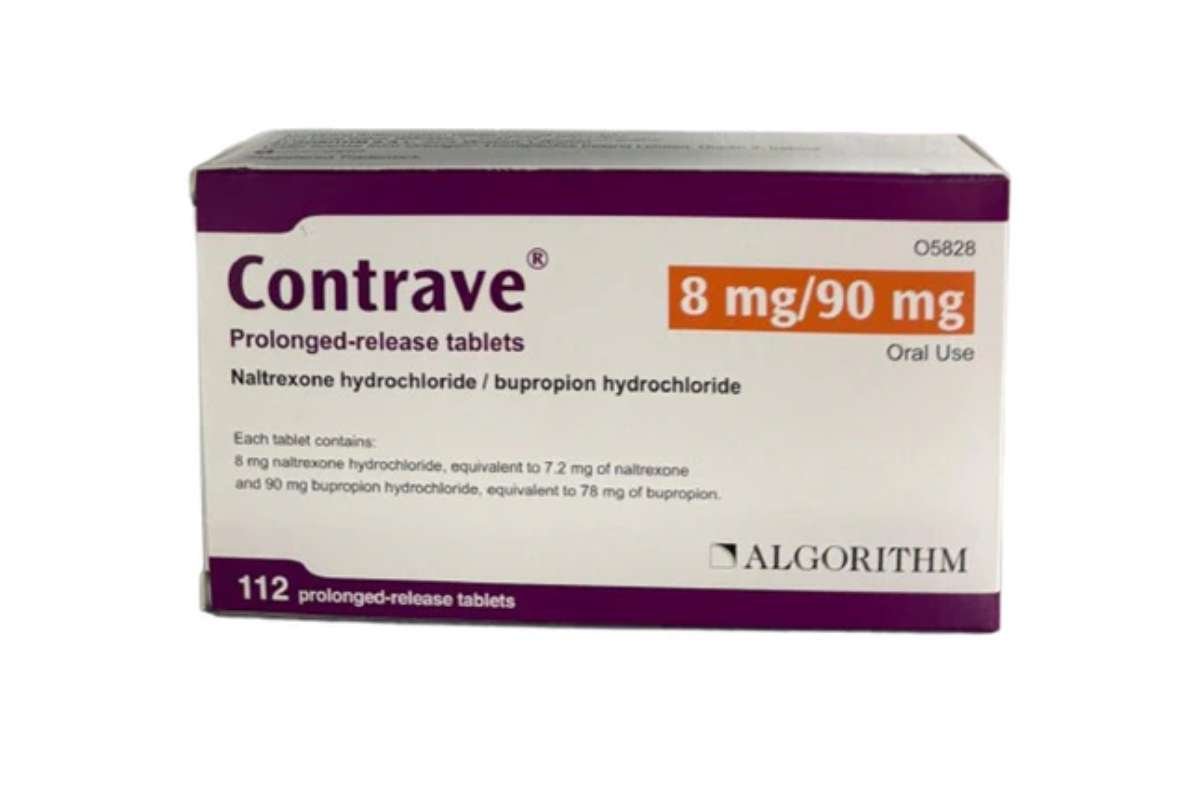
Type:
Combination therapy
Use:
Oral Pill
Bupropion-naltrexone targets both food cravings and appetite. Bupropion helps reduce hunger. On the other hand, naltrexone affects brain pathways to control cravings and reward-driven eating. It should be taken alongside a balanced diet. This medicine is particularly helpful for individuals who find it difficult to resist high-calorie foods despite lifestyle changes.
Side Effects:
Nausea, dizziness, headache, constipation, mood changes
5. Orlistat
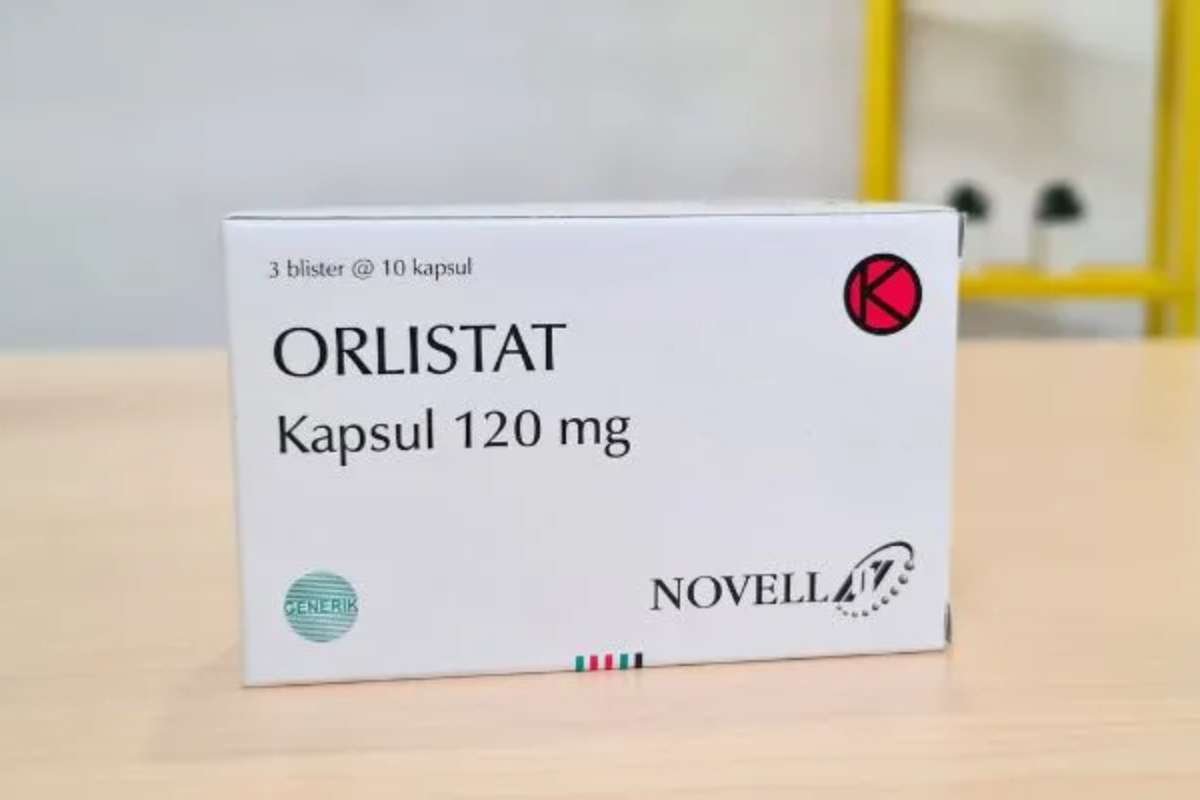
Type:
Fat blocker
Use:
Oral capsule
Orlistat is an oral capsule that blocks dietary fat from being absorbed. It works in the digestive tract without affecting hormones or the brain. Orlistat is most effective when combined with a low-fat diet. This drug can be prescribed or bought over the counter. It is an optimal option for people who don’t want a hormonal approach to weight loss. It is also beneficial for long-term weight management.
Side Effects:
Oily stools, flatulence, digestive discomfort, vitamin deficiencies
6. Tirzepatide
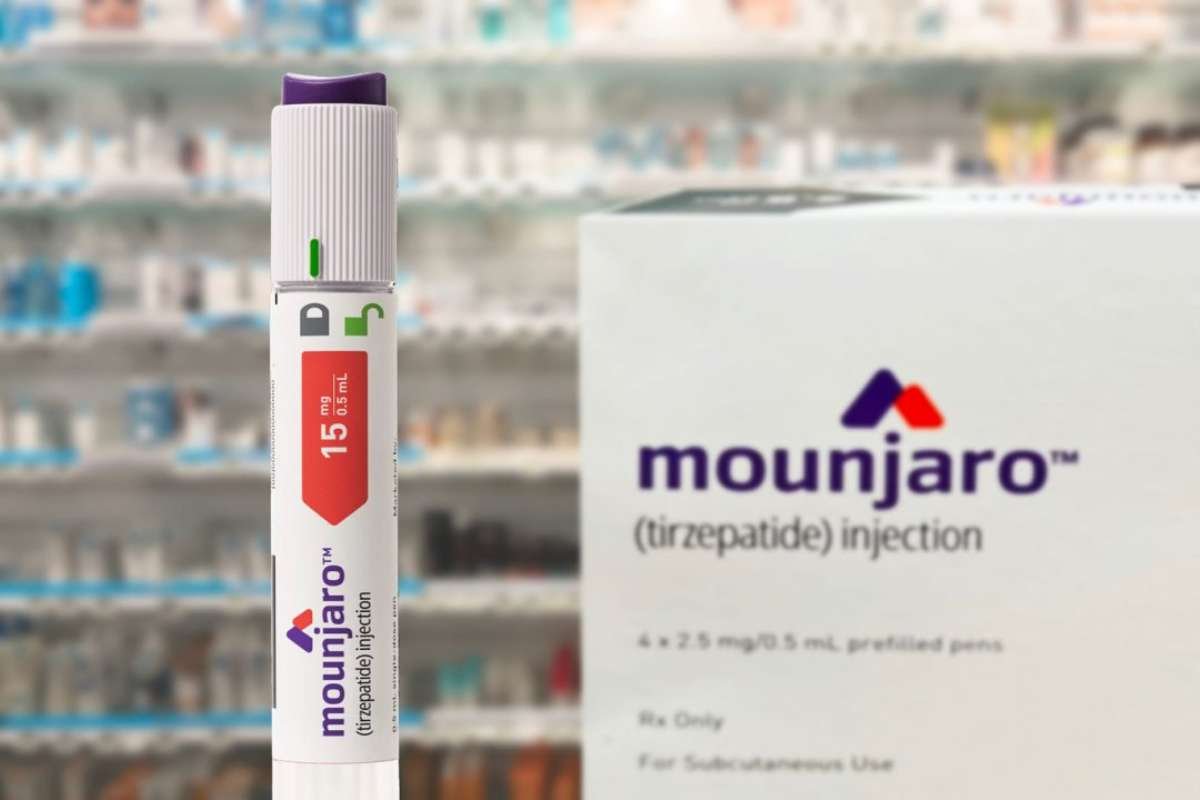
Type:
Dual hormone therapy
Use:
Weekly injection
Tirzepatide is a weight loss drug that activates two hormones, GLP-1 and GIP. By acting on two hormones simultaneously, tirzepatide provides stronger weight loss and metabolic effects. It improves insulin sensitivity and reduces appetite as well. It can slow digestion and increase the feeling of fullness. Tirzepatide is sold under the brand name Mounjaro for diabetes. It was approved by the FDA in 2023.
Side Effects:
Nausea, vomiting, diarrhea, constipation, mild fatigue
7. Hydrogel

Type:
Appetite control capsule
Use:
Oral capsule
Hydrogel capsules are taken before meals and expand in the stomach to create a feeling of fullness. This helps reduce food intake naturally. It is made from plant-based ingredients. They are safe, non-systemic, and work mechanically rather than hormonally. Hydrogel is suitable for people who struggle with portion control and want a simple, non-drug approach to weight management.
Side Effects:
Mild bloating, stomach discomfort, occasional constipation
8. Setmelanotide

Type:
Genetic obesity treatment
Use:
Daily injection
The last weight loss drug we are going to talk about is Setmelanotide. It is a daily drug that is taken through an injection. It is designed for rare forms of diabetes. It activates specific brain receptors to reduce hunger and regulate energy balance. This helps patients with certain genetic mutations that cause extreme obesity. It provides a safe and effective option when traditional methods do not work.
Side Effects:
Injection site reactions, fatigue, skin darkening, and nausea.
Medications that help manage weight play a key role in overall health. They play an even more important role for people who have conditions like diabetes. But there are always two sides to the same coin.
Weight Loss Drugs: Advantages and Disadvantages
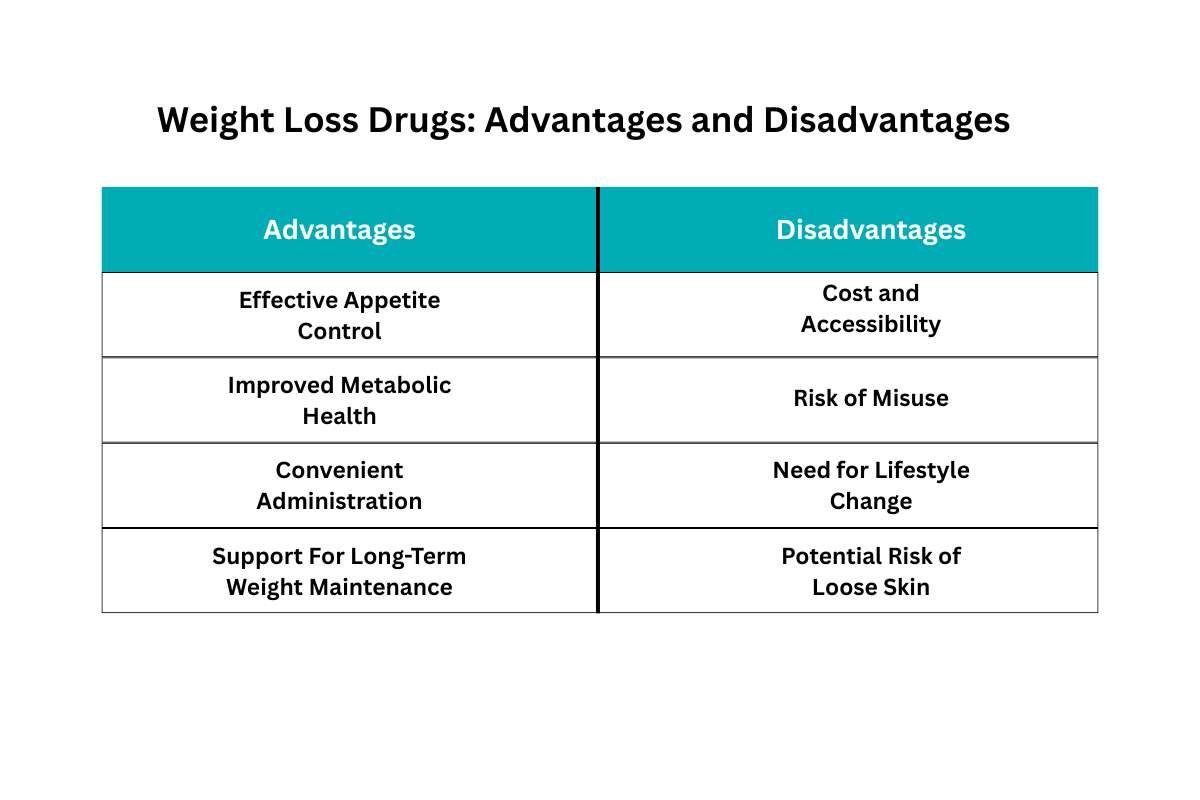
There are advantages as well as disadvantages to taking weight loss drugs. We shall be exploring some of these below.
| Advantages | Disadvantages |
| Effective Appetite Control | Cost and Accessibility |
| Improved Metabolic Health | Risk of Misuse |
| Convenient Administration | Need for Lifestyle Change |
| Support For Long-Term Weight Maintenance | Potential Risk of Loose Skin |
Advantages
1. Effective Appetite Control:
These medications significantly reduce appetite, helping individuals consume fewer calories and achieve sustainable weight loss.
Also Read : – The Sixth Sense in Your Gut: Scientists Discover Real-Time Brain-Microbe Link That Regulates Appetite
2. Improved Metabolic Health:
Weight loss drugs can enhance insulin sensitivity, lower blood pressure, and reduce cholesterol levels. This can contribute to better overall metabolic health and a decreased risk of cardiovascular diseases
Also Read :- Biochemistry of Metabolic Pathways: From Energy Production to Disease Mechanisms
3. Convenient Administration:
Emerging oral medications offer a convenient alternative to injectable treatments, potentially increasing accessibility and adherence to weight loss regimens.
4. Support for Long-Term Weight Maintenance:
Medications like semaglutide have shown effectiveness in maintaining weight loss over extended periods, aiding individuals in sustaining healthier body weights
Disadvantages
1. Cost and Accessibility:
The high cost of medications like tirzepatide and semaglutide may limit access. Also, insurance coverage varies, potentially making these treatments unaffordable for some individuals.
2. Risk of Misuse:
There have been reports of weight loss drugs being stolen or sold illegally, posing significant health risks due to unregulated use and potential counterfeit products.
3. Need for Lifestyle Changes:
Medications are most effective when combined with healthy eating and regular physical activity. Without these lifestyle changes, weight loss may be limited, and weight regain is possible after discontinuation
Also Read :- Reverse Prediabetes Naturally and Prevent Diabetes for Life
4. Potential for Loose Skin:
Rapid weight loss facilitated by medications can lead to loose or sagging skin. This may require surgical intervention, posing additional health and financial considerations.
Things to Consider before Taking a Weight Loss Drug
There are certain things that you need to keep in mind when you need to consume any medication that helps with weight loss. Failing to take appropriate precautions can harm the body.
1. Medical History and Health Conditions
Before starting any weight loss medication, consult your doctor about existing medical conditions such as diabetes, heart disease, kidney or liver issues and a history of pancreatitis. Some drugs may be unsafe or require dose adjustments for certain health conditions.
2. Side Effects and Risks
Understand the potential side effects of consuming a drug. They can range from mild gastrointestinal issues to serious complications. Knowing the risks helps you weigh the benefits of the medication against possible health concerns and decide if it is suitable for you.
3. Long-Term Plan and Goals
Consider whether you plan to use the drug short-term or long-term. Discuss with your healthcare provider about strategies for maintaining weight loss after discontinuation. This can include gradual tapering and lifestyle adjustments alongside monitoring for potential rebound weight gain.
Conclusion:
A weight loss drug can be a strong ally in your weight management journey. Hopefully, this article has put your mind at ease about using such medications. However, it is important to remember that long-term success depends on consistent healthy habits. Ultimately, using this method for weight loss can improve your physical health and overall quality of life.”
Also Read :- WHO Adds GLP-1 Weight Loss Drugs to Essential Medicines List for First Time
FAQ
1. Are weight loss pills safe to use?
A. Most weight loss pills approved by regulatory authorities are safe when taken under medical supervision.
2. Does weight loss medication guarantee permanent results?
A. Weight loss medication can help achieve significant weight reduction, but results are not permanent unless supported by lifestyle changes.
3. Who is eligible to take weight loss drugs?
A. Weight loss drugs are typically prescribed for individuals with a body mass index (BMI) of 30 or higher. For obesity or other health-related conditions, it is 27 or higher.









